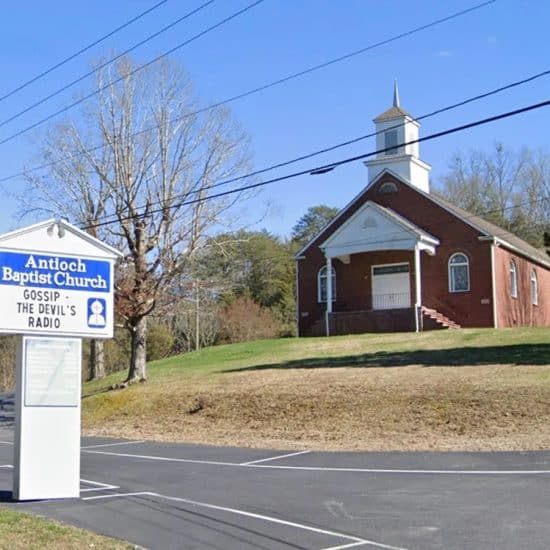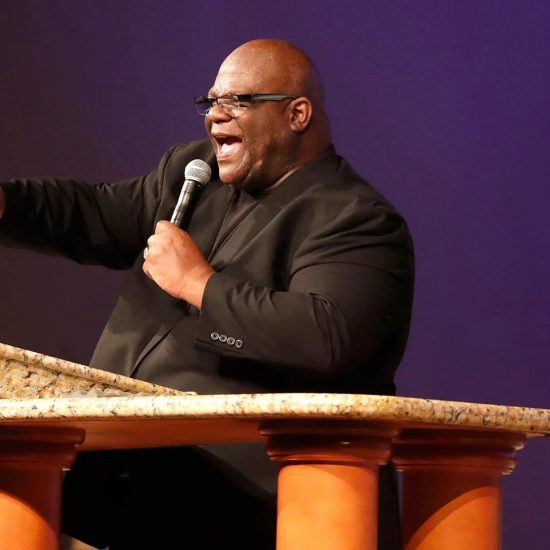ARLINGTON—Southern-style Social Gospel may not be the first thing that springs to mind when most Baptists think of Woman’s Missionary Union, but Southern progressivism significantly influenced the organization in its formative years, church historian Carol Holcomb noted.
Holcomb, associate professor of church history and Baptist studies at the University of Mary Hardin-Baylor, addressed the B.H. Carroll Theological Institute summer colloquy.
The most visible—and arguably influential—socially progressive reformer among early WMU leaders was Fannie Heck, the organization’s president for 15 years, she said.
“Like other privileged Southern women of her generation, Fannie Heck never married. Instead, she brought all her energies to bear on mission work and social reform efforts,” Holcomb said.
Heck and her colleagues “established a model Progressive Era institution controlled by women, and from that separate sphere molded much of Southern Baptist life throughout the 20th century,” she continued.
Heck used WMU publications to report on her involvement in the Southern Sociological Congress, where she and some other WMU leaders were “exposed to the leaders of the Social Gospel and to some of the most progressive ideas of their day,” Holcomb noted.
The WMU magazine printed reports from Southern Sociological Congress meetings and quoted its resolutions on issues such as child labor, poverty, inner-city slums, health and literacy.
Heck also shaped the institutional structure of WMU by establishing a “personal service” department that stressed social reform issues and helped pioneer the concept of social work as Christian ministry among Baptists in the South.
“Unlike many Southern Baptists who considered social work to be a secondary task of ministry, Heck consistently emphasized social service as an intrinsic element of missionary enterprise,” Holcomb said.
The Handbook of Personal Service Heck helped develop forthrightly stated, “The founder of Christianity was the greatest social worker the world has ever known.”
Out of that conviction, Heck spearheaded the campaign to establish the Woman’s Missionary Union Training School in Louisville, Ky., to prepare young women to serve in missions and social work.
“The WMU Training School educated generations of female missionaries and social workers who accepted paid positions in institutions created and largely financed by WMU,” Holcomb said.
In the 1960s, the school merged with Southern Baptist Theological Seminary, where the Carver School of Church Social Work became the only accredited social work program in a seminary of any denomination. After the seminary closed its program of graduate social work education for the church in 1997, Baylor University subsequently started its School of Social Work.
Heck also championed establishment of Baptist “settlement houses” or “good will centers.” The first Baptist settlement house opened in connection with the WMU Training School in Louisville in 1912. By 1918, WMU reported 32 Baptist good will centers across the South—primarily in urban areas with textile industries or in port cities.
Although social gospel emphases faded in the 1920s, the atmosphere of social concern remained a vital part of WMU’s culture, Holcomb noted.
“In a world where male-dominated institutions excluded women, WMU created a parallel universe,” she said.
“Unequivocally, the main purpose of Baptist women was to further the cause of missions and bring the entire world to a saving knowledge of Christ. But in order to be ‘co-laborers with Christ,’ they had to create a place to work. WMU carved out that place. Because of the work of Fannie Heck … and others, the separate sphere they created made room for the ‘least of these’ and—for a season—gave voice to the Social Gospel.”


